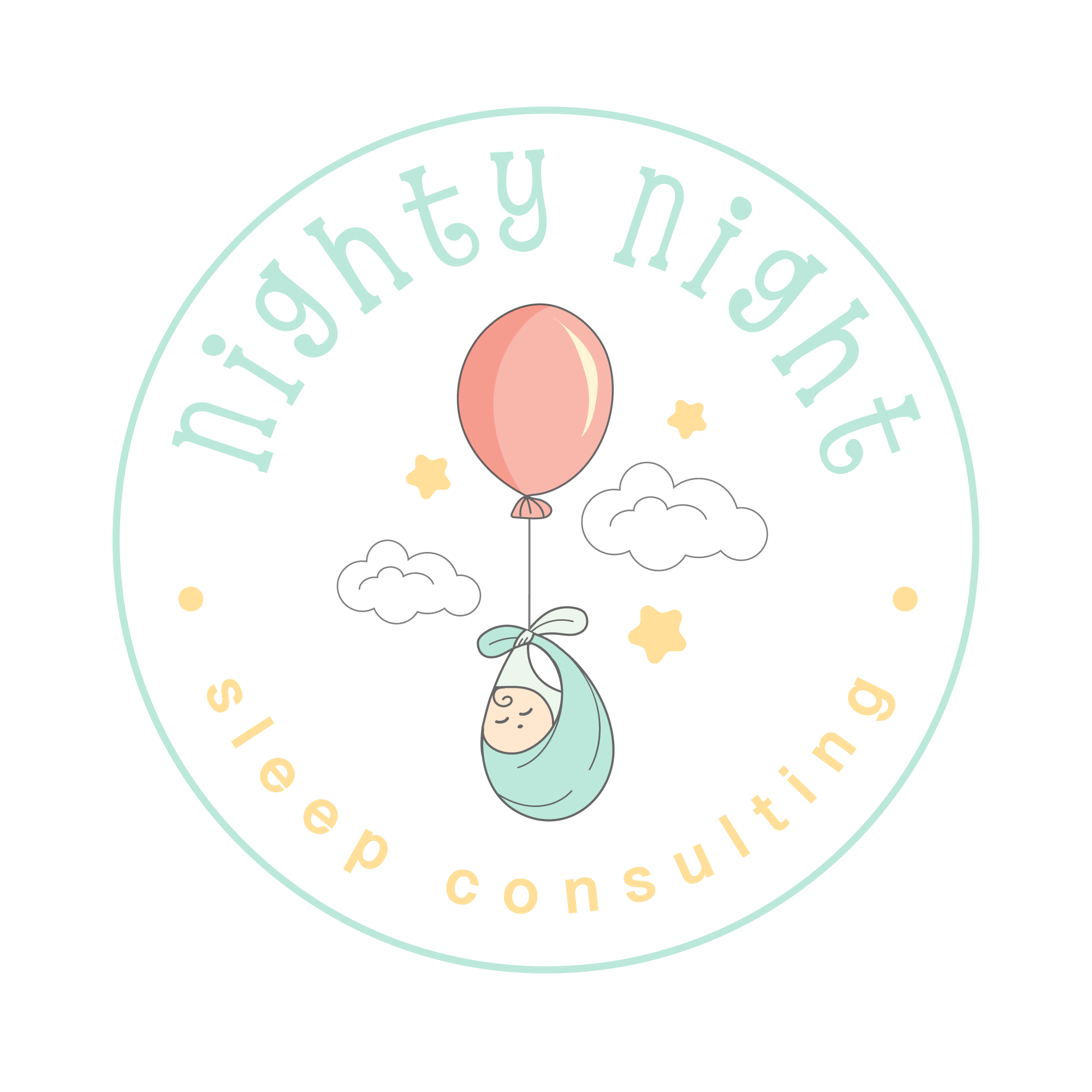4 Signs Your Little One is Ready to Sleep Through the Night Without a Feed
This, right here, is THE parental age-old question I get asked time and time again: “When will my baby sleep through the night?” I cannot tell you the number of times I get asked this question every single day by sleep deprived moms and dads desperately counting down the days until a full night of consolidated sleep by their little ones.
Generally speaking, when we say “sleep through the night,” we mean 10-12 hours of consolidated sleep without a feed. That’s right, this is attainable! Anything less, we would not consider a full night sleep.
There are many benefits to encouraging your little one to consolidate their night sleep. Without getting too scientific, there are important growth hormones that are released during your little one’s sleep cycle, which help encourage their physical and brain development. With consolidated sleep, your child will get plenty of these growth hormones for proper learning and social adjustment. A child who is chronically sleep deprived will typically get cranky and frustrated easily while learning new skills. This, in turn, affects their ability to master said skills, and it can also have a negative effect on their appetite and weight gain as sleep deprivation causes poor food choices such as high sugar foods.
Of course the decision to sleep train your little one, has to be something you feel comfortable with. You know your little one better than anybody, so this has to feel right for you. That being said, here are four tips to help gauge your little one’s readiness to begin sleeping through the night without a feed:
Your baby is 5 months or 15 lbs. There is a lot of back-and-forth about when is a good time “weight wise” to start encouraging your baby to sleep through the night without a feed. As a general rule, we suggest 5 months and 15 lbs. If your baby has been slow to put on weight and has been on the smaller end of the weight curve, we would recommend you speak with your doctor to make sure it is safe to move forward with cutting out your little one’s night feeds. If your baby is 15 lbs at 3-4 months, you can certainly start implementing a “hold them to their personal best” rule and go from there (This is explained further in tip 4).
Your baby has started to eat less during the day. For example, if you offer the breast or a bottle in the morning and they seem disinterested, this is typically a good sign that your little one does not need to eat at night. Often with babies around 4 months old, we will start to see a calorie flip, which means your baby is eating more at night than during the day. This often happens during the 4 month sleep regression period when parents are feeding their babies every time they wake - and you know as well as we do how often this can be - to help them get back to sleep. Parents will usually notice the amount of feedings the baby is taking during the day start to decrease due to the fact that they are ingesting more calories at night. This often becomes a vicious cycle of snacking in the day and full feedings at night. It’s important to know that a baby's caloric intake is measured over 24 hours, so if we aim to get good, full feeds during the day then we are going to be more successful with consolidating night sleep.
Your baby is falling asleep on the breast or at the bottle only a few minutes or seconds into the feed at night. This is a good indication that your baby is waking out of habit rather than hunger, and they are likely using the bottle or breast as an external “prop” to help them settle back to sleep. This is a good time to help your little one learn to self soothe, so that you can be taken out of the falling back to sleep equation.
You have been able to hold your baby to his or her personal best. For example, if your little one goes down at 7 pm and sleeps until 2 am without waking, and you have been able to recreate this situation two to three times, this is a good indication that your baby is ready to sleep through the night without a feeding. At Nighty Night Sleep Consulting, when we work with families, “holding babies to their personal best” is where we typically start if weaning night feeds is the sleep goal we are working towards. We will time the feeding to hold your little one to their personal best and go from there. We find this to be a gentler way to wean your baby off feedings at night, and without causing too much discomfort for breastfeeding mamas.
And there you have it! If you are reading these tips and looking at the signs thinking, “check, check, check, my baby is doing all of the above,” then you are probably ready to start your journey to encourage your little one to sleep through the night. Hallelujah.

